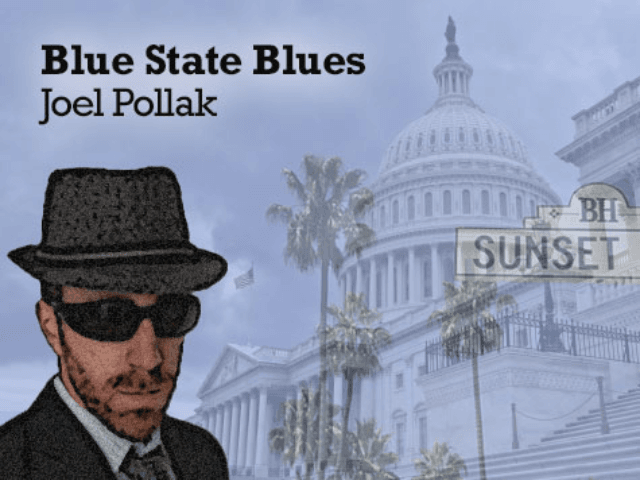Former New York City mayor Rudy Giuliani thinks that President Barack Obama doesn’t love America, and has now said so in public. He’s repeated the claim, several times, as he has been forced to defend it.
Predictably, Democrats have seized on Giuliani’s statement with feigned outrage, as if they hadn’t spent years saying the same thing about George W. Bush, as if Obama himself doesn’t say the same kind of thing about Republicans constantly–that they put “party ahead of country.”
One can argue that there are things about America that Obama does, in fact, love. He loves Hawaii. He loves basketball. He really loves golf, which is not actually American but which acquired its catholic appeal in the U.S.
He loves the “long arc of history,” the unique melodies and cadences of the civil rights tradition, the dialect of the black church–none of which is really natural to him, but all of which he embraces. He also pretends to love baseball, and a few other American things.
Yet in a basic sense, Giuliani is correct. Obama does not love America for what it is, but–at his best–for what it could be.
That is something he shares in common with the rest of the utopian left. As Mark Levin often argues, you don’t really love something if you want to “fundamentally transform” it, as Obama does. You don’t really love America for what it is if you challenge its Constitution. You don’t even really love Americans if you play golf or take silly selfies as they are murdered.
But here’s where Giuliani is off the mark: it’s nothing personal. Obama just doesn’t do love.
He doesn’t express love toward America the way Bill Clinton and Harry Truman and Ronald Reagan did because he doesn’t express love toward things in general.
He clearly loves his daughters, and he loves his wife (though that relationship seems complicated). But his main interest is himself, and even that is more a preoccupation than a kind of love. Obama doesn’t “love” widely. It’s not who he is.
You don’t have to follow Giuliani back to Jeremiah Wright’s church or Bill Ayers’s living room or Frank Marshall Davis’s porch to understand how little use Obama has for love, in general. You don’t have to delve into what he believes. Just look at what he does to those who love him.
He neglected to visit his mother when she was dying of cancer–then lied about her death to sell Obamacare. In a political jam, he accused his grandmother–the woman who raised him–of being a racist.
Obama has also abandoned each of his most important constituencies, at one time or another. He betrayed the hopes of the black community, which has seen its economic fortunes decline, in general, during his presidency. He promised the unions he would march with them, then avoided Wisconsin in the crucial collective bargaining fight of 2011. He told American Jews he would have “Israel’s back,” and look where we are.
These betrayals are more than run-of-the-mill broken promises. They are examples of unrequited love. Because the same constituencies, by and large, stick with Obama anyway.
And that just reinforces Obama’s apparent cynicism about love: at some level, he suspects people don’t really love him, just the idea of him. “I serve as a blank screen on which people of vastly different political stripes project their own views,” he wrote in The Audacity of Hope. He doesn’t return that love because he suspects it isn’t sincere. He’s almost disdainful of the adoration.
Early life taught Obama that love is often an illusion. He found an escape in radical politics–and in pop culture, en route to post-modernist high culture.
Obama, as I have argued before, is a post-modern man. Love is a passion, and a post-modern man prefers perspectives to passions.
To borrow Obama’s words on American exceptionalism: he loves America as he loves Indonesia, as he loves Kenya, as he loves Pakistan.
Which is to say: not especially. But, please, Mr. Mayor–it’s nothing personal.
Senior Editor-at-Large Joel B. Pollak edits Breitbart California and is the author of the new ebook, Wacko Birds: The Fall (and Rise) of the Tea Party, available for Amazon Kindle.
Follow Joel on Twitter: @joelpollak

COMMENTS
Please let us know if you're having issues with commenting.